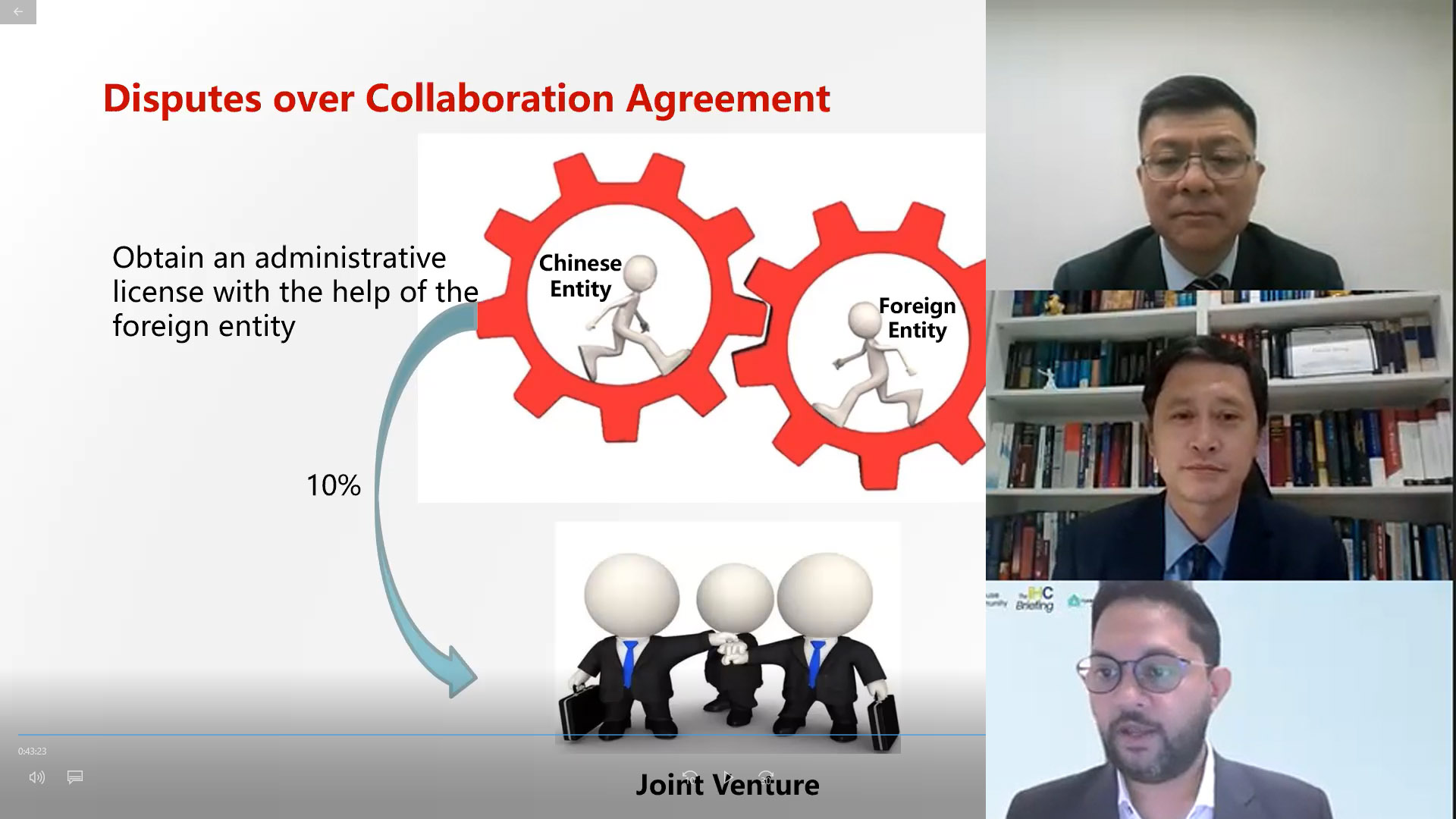
Southeast Asia’s economies have largely remained resilient in the face of the COVID-19 pandemic. Now, as the region resumes economic activities at full throttle, the countries in Southeast Asia are primed for growth.
Southeast Asia is the focal point in two of the largest free trade agreements in recent years. All ten countries in Southeast Asia are members of the Regional Comprehensive Economic Partnership (RCEP). Further, Malaysia, Singapore and Vietnam are also signatories to the Comprehensive and Progressive Agreement for Trans-Pacific Partnership (CPTPP).
Reflecting the region’s growing importance as a hub for innovation and creativity and in line with obligations under RCEP and CPTPP, Intellectual Property (IP) laws in Southeast Asia have been undergoing rapid development in recent times. The following is a brief overview of the latest developments in IP laws in some of the countries in the region.
Malaysia Malaysia has long been recognised as one of the leading economies in Southeast Asia, and its IP laws have been evolving rapidly to keep pace with its growing importance. A number of amendments were made to the Patents Act which, amongst others, introduced 3rd party observations, post-grant opposition, recordation of patent as a security interest, amongst others. However, the coming into force of post-grant opposition has been deferred. The amendments also introduced compulsory licencing provisions where a compulsory license can be granted by the Registrar for the production and exportation of the pharmaceutical product to an eligible importing country to deal with its public health problem, in line with the obligations under Article 31bis of the Agreement on Trade-Related Aspects of Intellectual Property Rights (TRIPS Agreement). Amongst the notable amendments to the Copyright Act 1987 are provisions dealing with streaming technology where the commission or facilitation of copyright infringement would now constitute an offence under the Act and would attract penal sanctions. Further, in view of Malaysia’s accession to the Marrakesh Treaty, there are now provisions which allow the blind, visually impaired, and print disabled community greater access to published works.
Singapore
The Intellectual Property (Amendment) Act 2022 came into effect on 26 May 2022. Changes were made to streamline and simplify the registration of IP rights. Key changes to patent laws include removal of the obligation to furnish International Search Reports when making a request for examination or streamlined examination review process and where a patent application discloses a sequence, the patent description must include a sequence listing as a separate part of the description, and such sequence listing shall be filed according to the World Intellectual Property Organization (WIPO) Standard.
In View Of Malaysia’s Accession To The Marrakesh Treaty, There Are Now Provisions Which Allow The Blind, Visually Impaired, And Print Disabled Community Greater Access To Published Works
For the Plant Varieties Protection Act, a new cooperative Mode of Examination (“breeding testing”) endorsed by the International Union for the Protection of New Varieties of Plants has been introduced. Applicants now have the option to cooperate with the Registrar and Examiner to support the examination process. The amendment allows examiners to rely on a Distinct, Uniform, Stable (DUS) test conducted and submitted by the breeder or other person, organisation, or entity acceptable to the Intellectual Property Office of Singapore (IPOS). The mandatory requirement to furnish propagating material during prosecution is removed and submission of such material will be upon request.
Thailand
Thailand has been working hard to improve its IP laws to foster innovation and attract foreign investment. The Thai Department of IP (“DIP”) has launched fast track examination for trademark applications where the applications will be examined within 6 months from the filing date, and recently, where there is an urgent need to use a trademark, the DIP has introduced an enhanced fast track process where applications can be examined within 4 months subject to compliance with certain requirements. Likewise, the DIP also implemented a fast-track program for examination of patent applications in the field of medical science with the aim of examining a patent within 12 months from the date of filing.
New provisions were also introduced in the Copyright Act which include recognition of different categories of online service providers, application of safe harbour provisions to such service providers, and a new Notice and Takedown system for copyright infringing materials without the need to obtain a court order.
On border controls, the Thai Customs Department has issued Customs Notification No. 106/2525 which provides for customs recordal for purposes of inspection and detention of goods which are suspected of infringing trademark and copyright at the borders. Each customs recordal under this new Customs Notification is valid for 3 years or for the remaining duration of the trademark or copyright protection term, whichever comes first. The recordal term is renewable provided that the renewal of each recordal must be done at least 30 days prior to its expiration.
Vietnam
Vietnam is one of the fastest-growing economies in Southeast Asia, and its IP laws have been evolving rapidly to keep pace. In recent years, the country has enacted a number of laws and regulations aimed at strengthening IP protection. The most recent amendments came into effect on 1 January 2023. The notable amendments include the introduction of a provision on secret prior art and new grounds for patent invalidation, for example, where applications are filed in violation of security control regulations, where the invention is directly created based on genetic resources or traditional knowledge about genetic resources but the patent application does not disclose or incorrectly discloses the origin of the genetic resources or traditional knowledge about genetic resources contained in that application, or there is insufficiency of disclosure of the invention in the specifications, amongst others.
Enforcement of IP rights in Vietnam has also been bolstered where infringers may now be subject to criminal penalties. The amended laws also address the position of intermediary service providers and exemptions to liability which apply to such intermediary service providers.
Indonesia
Indonesia is one of the largest economies in Southeast Asia and has been working hard to improve its IP laws to attract foreign investment. Amongst the measures taken are the introduction of tougher penalties for trademark infringement and disclosure of trade secrets which are contained in the new Criminal Code which has been ratified and promulgated on 2 January 2023 but will only come into effect on 2 January 2026.
In addition, Indonesia’s government introduced Government Regulation 24 of 2022 (GR 24/2022) in July 2022, which allows creative economy actors to use their IP assets as security to obtain financing from banks and non-bank financial institutions. GR 24/2022 is scheduled to come into force in July 2023.
Future trends
As the region continues to grow in prominence, we can expect to see even more changes and improvements in the countries’ IP laws in the next few years. Additionally, governments are establishing IP-focused organisations and initiatives to help entrepreneurs access the resources they need to succeed. Watch this space!

Ong Boo Seng, LindaWang Su & Boo
Armed with a double degree in Accounting and Law, Boo Seng has been practising in the area of Intellectual Property since being admitted to the Malaysian Bar in 1998. With extensive experience in IP disputes, he has represented many IP owners in the enforcement and protection of their rights. He also regularly advises clients on IP related corporate and commercial transactions, licensing and commercialisation of IP rights, and data protection. booseng.ong@zicoip.com
This article was published in Feb 2023 issue of IHC Magazine. You can read the full magazine by clicking here.



















